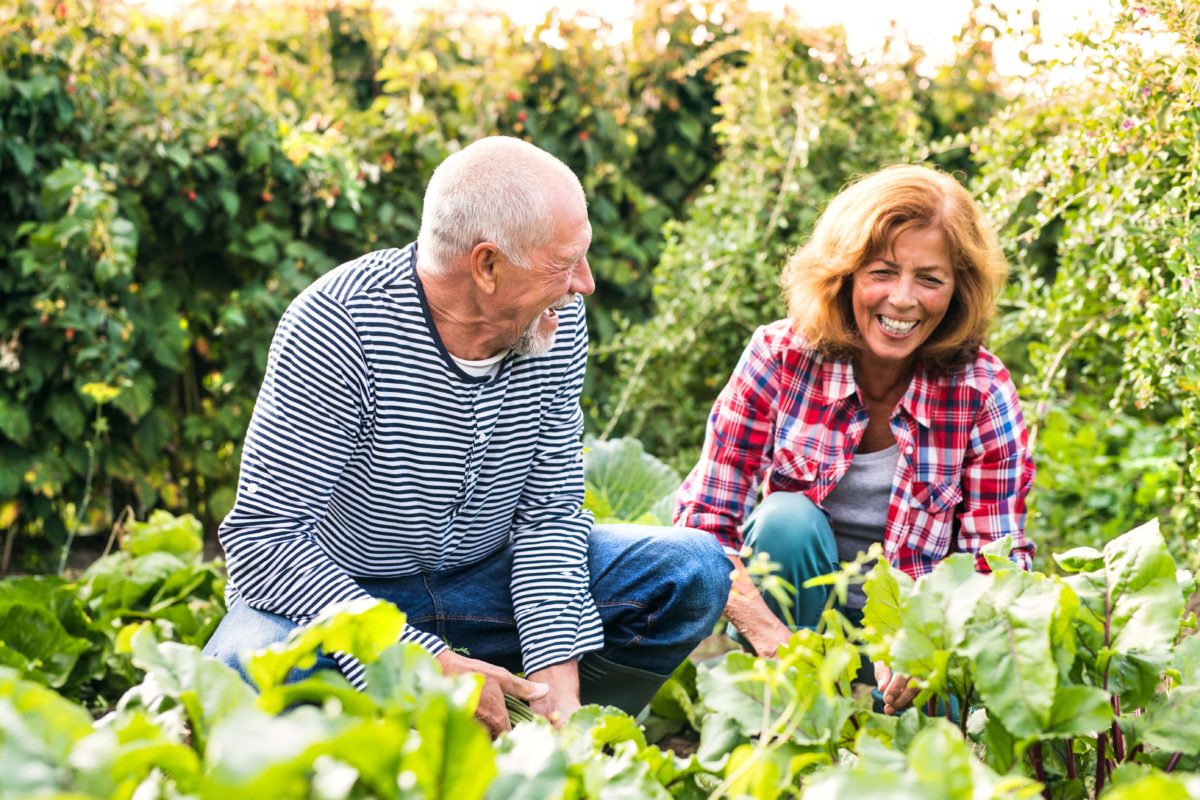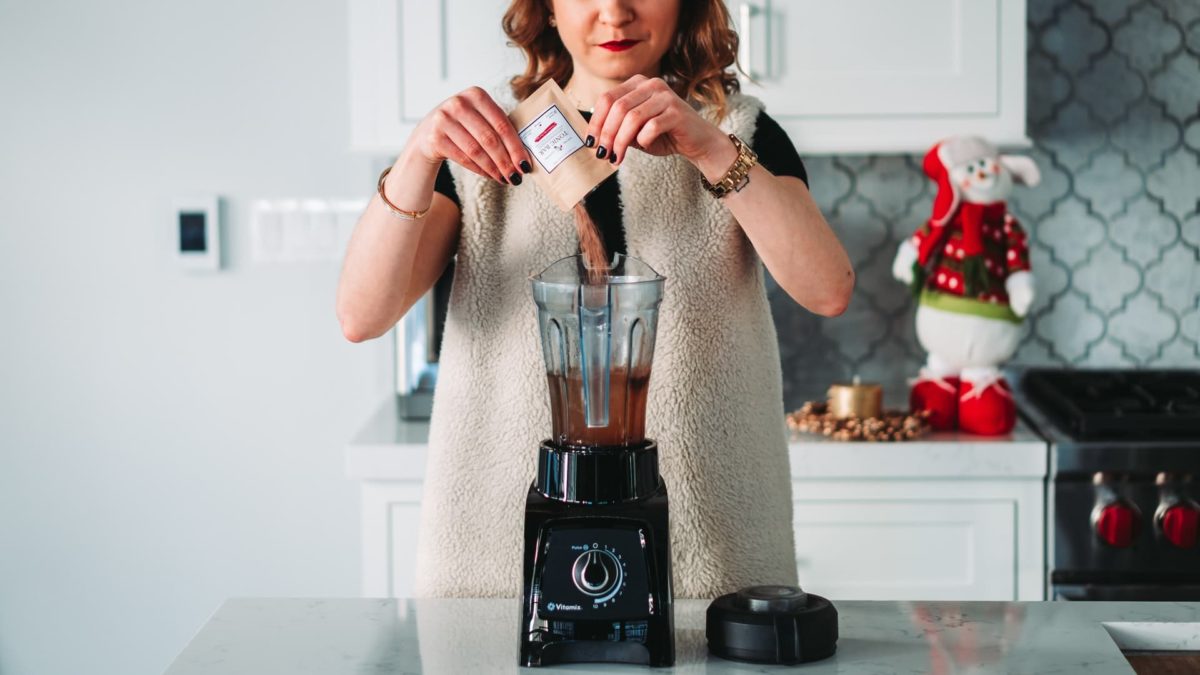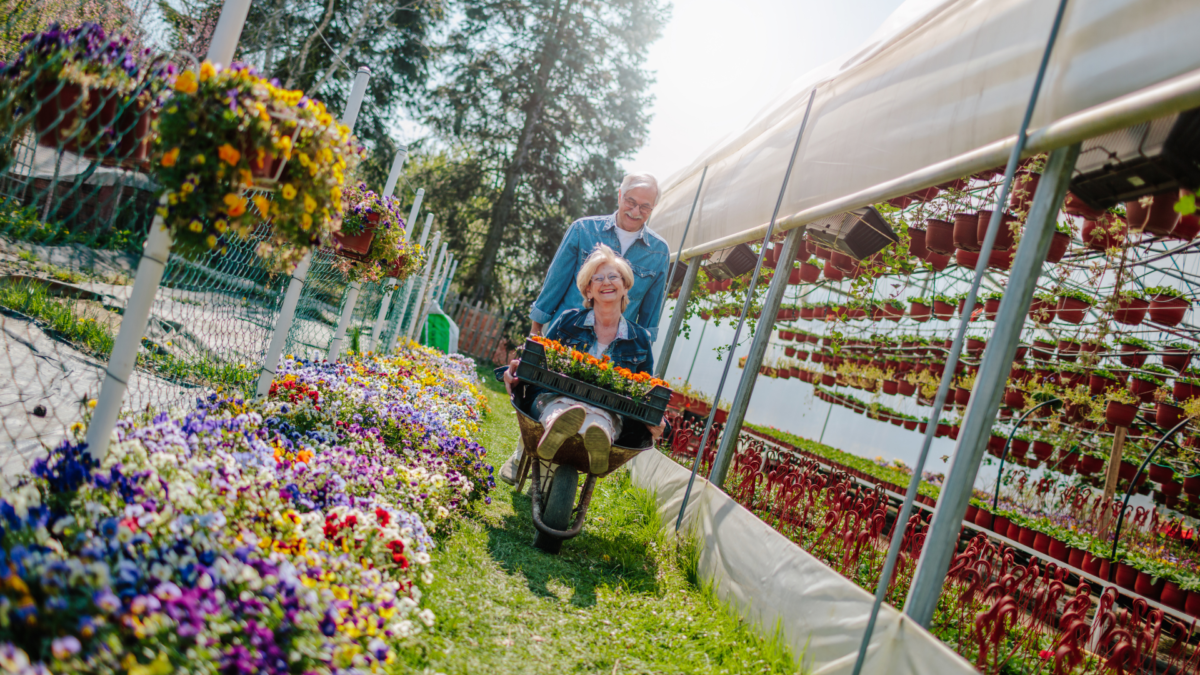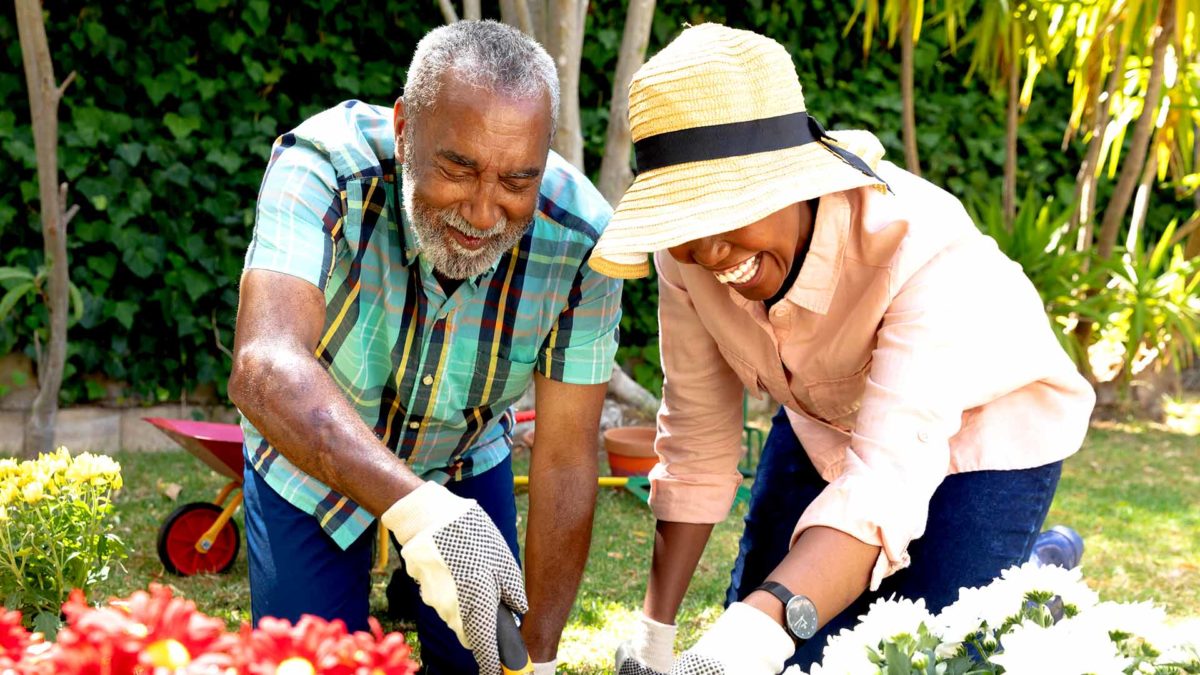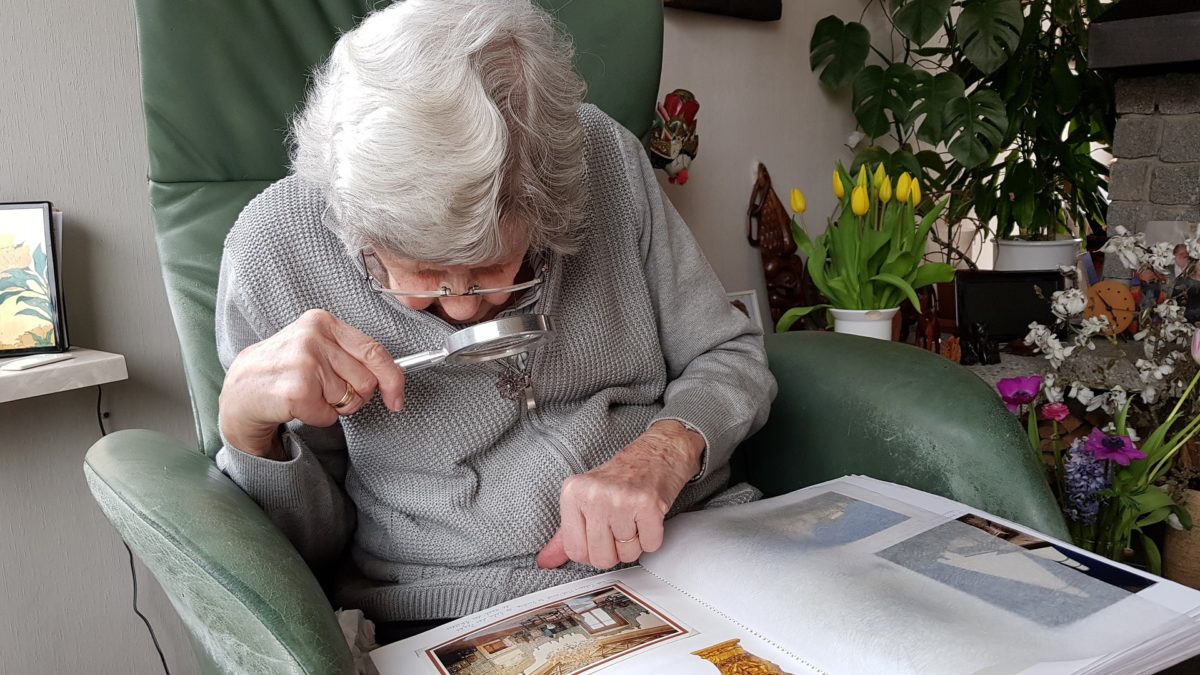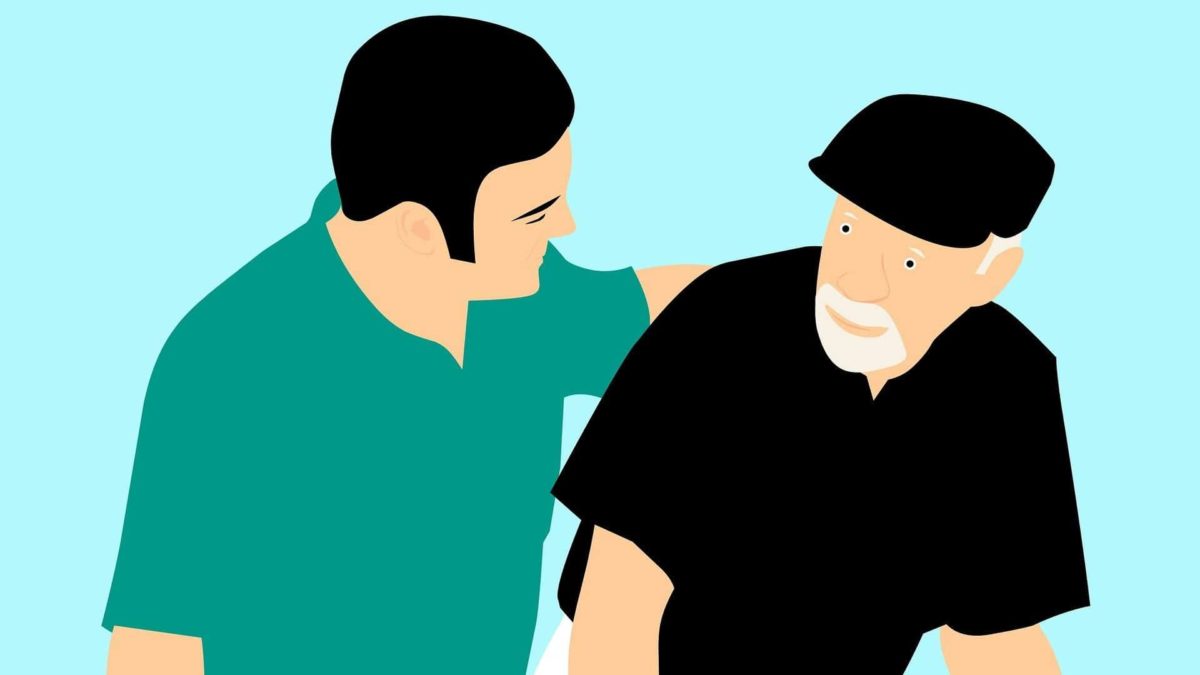Living in a big house is nice; many of us enjoy our leisure time with trees and flowers in our backyard, but what about those who live in an apartment or a retirement home, what does gardening for those seniors look like?
Jenny moved into a long-term care home last winter after her husband died. It’s been over six months now, and she misses him more than ever when summer is here. Jenny’s husband used to always make their garden nicely landscaped and decorated. The stone steps to their living room were surrounded by tulips, and there were several ball trees beside their cute little pond. Jenny remembers her husband putting so much effort into their little garden, and spending time with him on their beautiful porcelain tiles when evening came and held some of her favourite memories. Now, Jenny is living in a small apartment. She wants her happiness to last longer, just as if her husband was still alive, so she decided to try having a little garden on her balcony.
Living in a limited space doesn’t mean gardening is impossible; you can still have your beautiful “backyard” with even less mess and maintenance. There are a few things you need to prepare before you start to build your garden, and we will be discussing them below.
What You Need to Prepare for Gardening
Picture The Garden In Your Mind
What vibe do you want your garden to have? Where do you want to place your plants? It is better to plan the scenery in your mind before making it come true.
Invest In Tools
It always requires some investment when you are building your dream green place. For beginners, here are a few tools you might need to get your garden started, and you can either get them online (e.g., Amazon) or at stores like Home Depot:
- Plants, seeds, or bulbs (of course)
- Potting soil
- A handheld shovel
- Pruning shears
- A watering can
- Plastic or ceramic planter containers, according to your taste and need
- Gardening gloves
Choose The Right Plants
The key to building a beautiful and easily maintained small garden is to choose the right plants that suit your residency and your preference.
Hibiscus is a great choice for a room with abundant sunshine, especially if your window faces south or west. Aloe vera, jade, and jasmine are other good options.
A spider plant is an excellent choice for a hanging planter in a room that receives a lot of light but also has a lot of indirect sunshine.
African violets are also a great choice because of their beautiful blossoms, which can brighten up any space.
If your balcony or living room is shady most of the time, it’s hard to provide an environment for your plants to grow well. However, there are still options: A philodendron is a good choice for low-light areas; just be sure to water it once a week. Dieffenbachia and ferns are two other low-light plant options as well.
Safe Gardening Tips for Seniors
Rest and Stay Hydrated
It is important to remember that as we get older, our physical abilities decline, therefore we need to take more time to rest and avoid pushing ourselves too hard. Fatigue can lead to dangerous falls, so it’s important to take a breather every 10-20 minutes.
It is also important to stay hydrated while you are doing hard work, especially when you are working under the sun. So, remember to bring a water bottle with you and have it in your sights; it will be a good reminder if you are indulging yourself in the blooming buds.
Wear Comfortable Clothes To Prevent Falls
Wearing the right attire is as important as getting enough rest while you are gardening. Remember to wear light clothes with some sun protection (e.g., a long-sleeved shirt and a wide-brimmed hat). You can also bring waterproof shoes since the grass can be dewy and wet. Avoid wearing slippers, as they will give no protection from slips and falls.
Pick The Right Time Of The Day
We know that gardening is not just about trimming plants, but also about enjoying the sunlight. However, it is important to choose the right time and enjoy it safely. The hours between 10:00 am and 2:00 pm are peak sun hours, so avoid doing gardening or any other intense outside activities during this time.
Ask For Help From Others
When it comes to doing heavy-duty tasks, it is good to have a friend or family member by your side in the event of any falls and injuries. On top of that, working with friends and family is also a terrific chance to add some social interaction to your day and tighten bonds.
References:
https://www.caringseniorservice.com/blog/gardening-tips-for-seniors
https://www.seedsandspades.com/best-gardening-tools-for-seniors/

